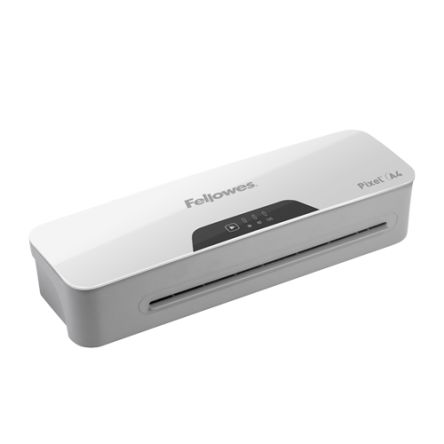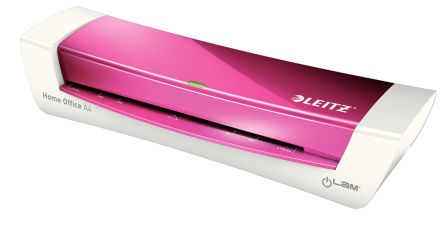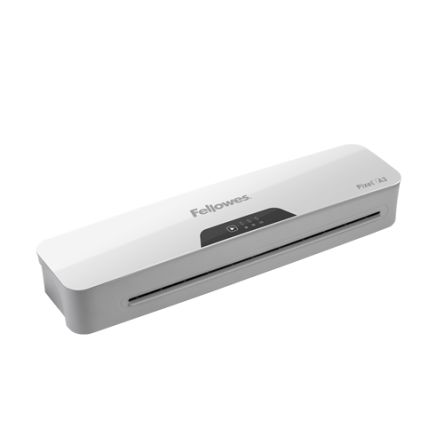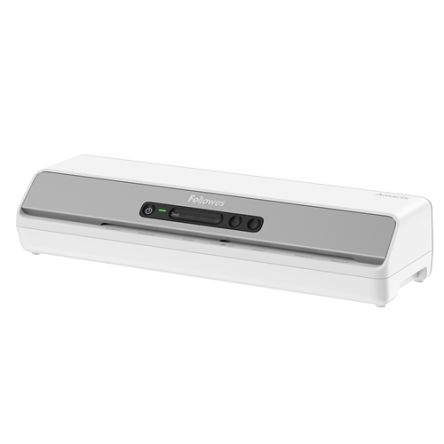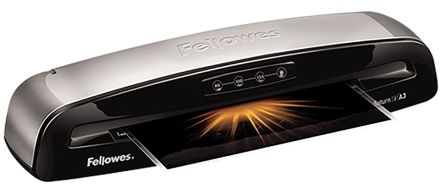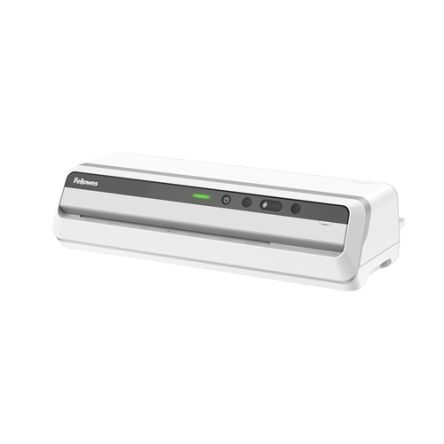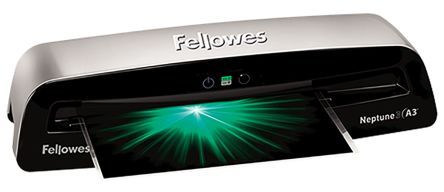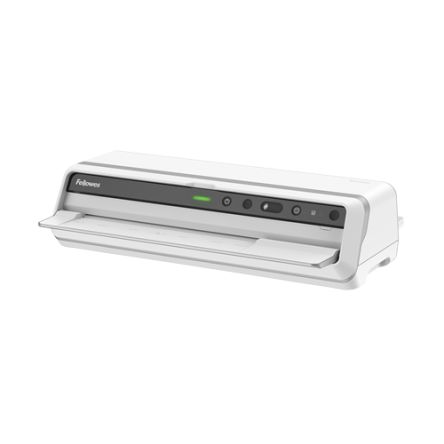- Automation & Control Gear
- Cables & Wires
- Enclosures & Server Racks
- Fuses & Circuit Breakers
- HVAC, Fans & Thermal Management
- Lighting
- Relays & Signal Conditioning
- Switches
- Batteries & Chargers
- Connectors
- Displays & Optoelectronics
- ESD Control, Cleanroom & PCB Prototyping
- Passive Components
- Power Supplies & Transformers
- Raspberry Pi, Arduino, ROCK, STEM Education & Development Tools
- Semiconductors
Laminators
A laminator is a device that enables paper documents, such as photographs, to be preserved by a plastic cover so that they do not become creased or stained. The plastic cover can also provide a surface that can be used to write on with permanent or dry wipe marker pens.
Laminators accept A4 size paper with some being able to laminate A3. They are quick to heat up and have the ability to reverse feed documents that have become misaligned, with some having sensors that can do this automatically.
As a safety precaution, some more heavy-duty laminators have technology that reduces the temperature of the laminator safeguarding the user. The laminators can also go into sleep mode or shut off completely when not in use to reduce energy consumption.
How does a laminator work?
A laminator works using heat and pressure which it applies to a document and plastic pouch once it is fed into the machine. The heating of the plastic bonds it together encasing the document within the plastic. In the more inexpensive machines, there may only be one or two rollers, however some of the more expensive machines can have several which provides a better finish.
Types of laminators
There are 3 main types of laminators available:
- Personal Laminators are ideal for use in the home as they are inexpensive and have a sleek and simple design. They can be used moderately for the lamination of photos and documents, or be used by hobbyists.
- Small office laminators are used within offices because they generally have a more modern design while also being compact and efficient. They are ideal for laminating personal and professional documents.
- General office laminators are more suited to high volume laminating. They have sensors that can detect thickness changes in the pouches and are easy to clean and maintain.
